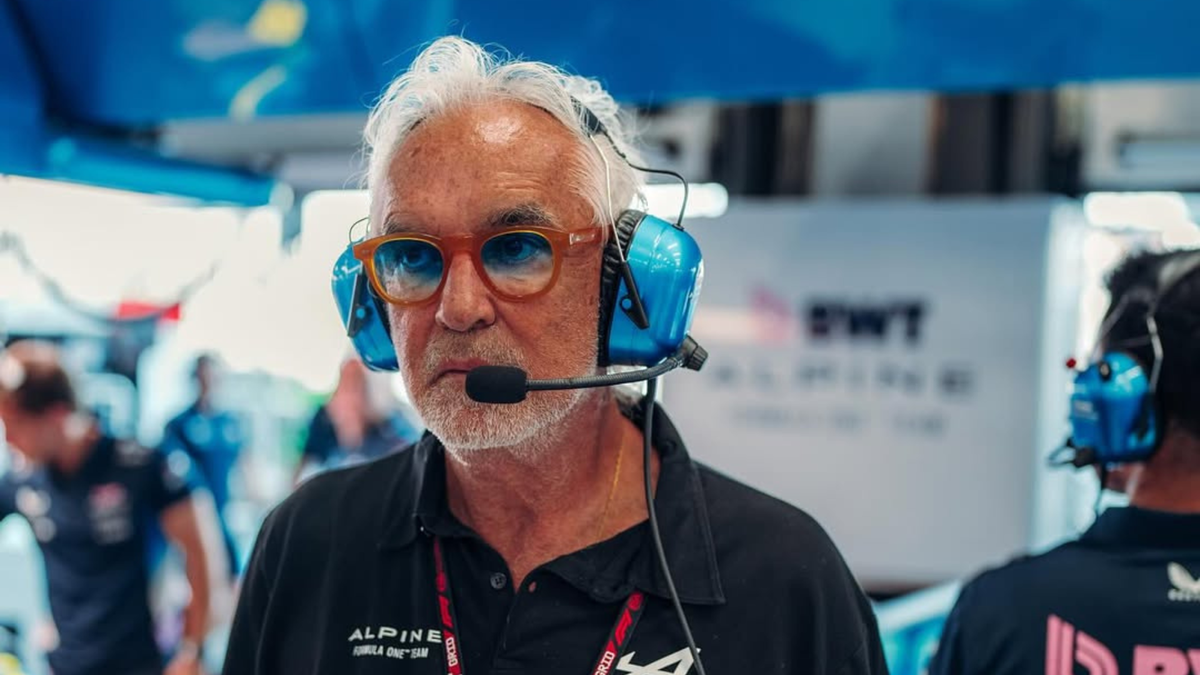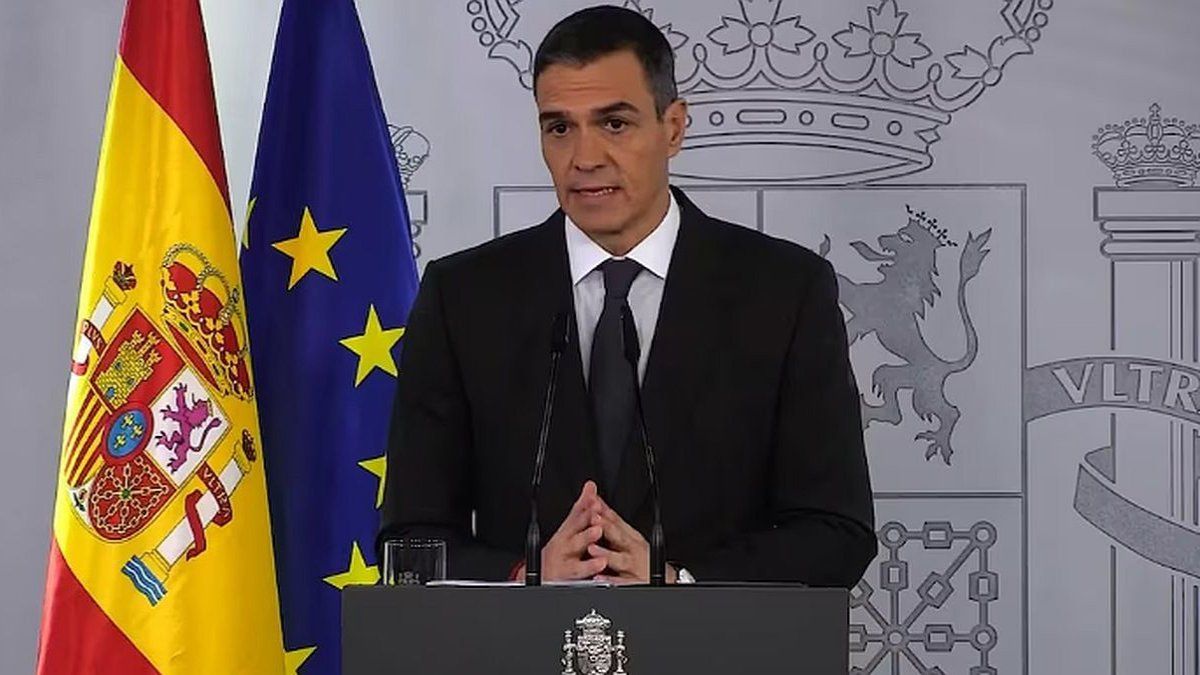An initiative of several large companies is concerned about the quality of patent examinations at the European Patent Office. It is said that speed comes before accuracy there. The office sees it differently.
Criticism of the European Patent Office (EPO) comes from industry. An initiative now made up of 21 companies is concerned about the quality of patent examination. “We have the impression that the EPO is primarily concerned with processing as many patents as possible,” says Beat Weibel, head of patents at Siemens, who launched the Industry Patent Quality Charter (IPQC) initiative, in an interview with the Deutsche Presse- Agency. The examiners are exposed to increasing production pressure and are therefore no longer able to examine thoroughly enough.
“While we see that the workload for a patent application is increasing on average, things have to go faster and faster at the EPO,” explains Weibel. “That worries us because the quality of the exam suffers.” He doesn’t get exact figures on the examiners’ time budget from the EPO, he says. “But if you extrapolate from the number of examiners and the number of patents granted, the result is about a halving in the last ten years.”
Jörg Thomaier, head of patents at Bayer, which also belongs to the IPQC, also shares Weibel’s concerns. “The EPO used to have a reputation for taking a long time to review. In recent years, we’ve got the impression that the focus has shifted to speed rather than to thorough testing,” he says. “It’s faster now, but the revocation rate in patent appeal proceedings has increased.”
Such a revocation is extremely unfavorable for the patent applicant. “Patents are extremely important for a company like Bayer,” emphasizes Thomaier. “It’s not so much the amount that matters, but that I can enforce them – if necessary – and they don’t fall over at the first gust of wind of an inspection.” The Swiss company Roche, which has also joined the IPQC, says: “As an industry, we depend on reliable patents. That is the basis for investing in our research.”
Largest applicant at the European Patent Office
Siemens is one of the largest applicants at the European Patent Office. Last year, the Munich-based group was number six among applicants at the EPO and number two among European companies – behind Ericsson. The Swedes are also members of the IPQC. “We would like it if the examiners had more time to do their job, because patents are becoming more and more complex,” says Gabriele Mohsler, Vice President of Patent Development there. “In individual cases we have also seen that the research was not carried out sufficiently thoroughly.”
Overall, however, their assessment is not quite so critical: “Basically, I think the quality at the EPO is good. But we don’t want it to drop and it could also be higher in some areas,” says Mohsler.
Thomaier from Bayer also agrees: “In a global comparison, the quality of the EPO is not bad. But it is a long way from what it used to be: the clear gold standard. And that’s where we want to get back to as an industry.” A key solution in his eyes: more staff. “More applications require more examiners,” he emphasizes. “In our opinion, the capacity is not sufficient at the moment.”
The EPO, on the other hand, emphasizes when asked that the quality of patent searches “always has top priority”. Many countries considered his work “a global benchmark for patent quality”. This is also reflected in surveys of “leading intellectual property journals” in which the EPO “always takes first place among patent professionals”. However, some of the figures used by the IPQC are incorrect.
The Patent Office also points out that its Standing Advisory Committee has its own working group on quality with 74 members from 40 countries. In addition, last October a new quality charter was published, “which sets out our commitment to high quality and outstanding performance at every stage of the patent granting process.”
Source: Stern




